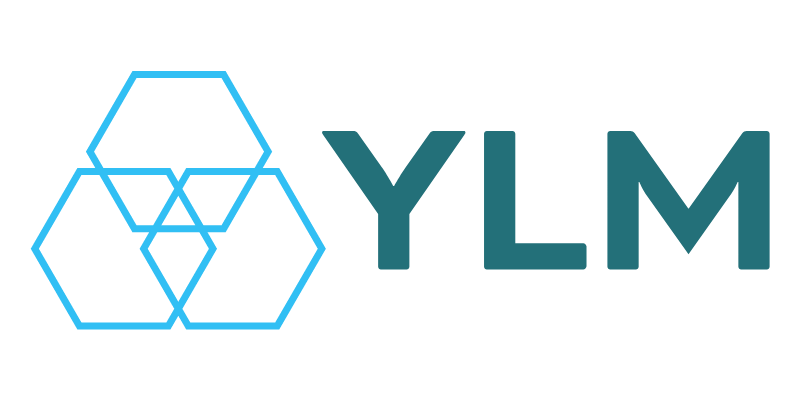Affordability Calculator
Our affordability calculator provides an estimate of housing costs based on your income, down payment, and expenses, helping you make informed decisions about home buying within your budget.
Down Payment
Initial payment for your new home, impacting monthly payments in mortgage calculations.
Interest Rate
The interest rate is the cost of borrowing. Interest rates in the calculator include APR, which estimates closing costs and fees and is the actual cost of borrowing.
Loan/Mortgage Term
Loan term is the length you wish to borrow – typically 15 or 30 years.
Mortgage Insurance (PMI)
Mortgage insurance that protects the lender if a borrower with a down payment of less than 20% stops making payments on their loan.
Home Price
The amount you expect to pay for the home. Factors include size, location, and market conditions.
Property Taxes
Home taxes based on value and location, varying annually.
HOA Fees
Money paid in planned communities for maintenance, managed by homeowner associations.
Homeowner’s Insurance
A homeowners insurance policy that you purchase from a provider to protect your home. Different policies cover different risks such as fires, storm damage, and theft. Amounts vary by location, policy, and provider.
How a Mortgage Calculator Can Assist You
Buying a house can be complicated. You have lots of choices to make. Where could your new house be? How big of a house do you need now? Also, in the future? Which loan is best for you? How long should your loan be? How much money do you need to save for a down payment?
A mortgage calculator can make this process less complex. It helps with your home loan application and figuring out the kind of home you want to buy. By using a mortgage calculator, you can find out your affordable home price, the necessary down payment, and test different scenarios to see how changes in loan terms and down payments impact your monthly payments.
This tool can give you a better understanding of what you need for your home purchase.
Factors for home affordability
When thinking about how much house you can afford, there are several key factors to consider:
Debt-to-income Ratio:
Your debt-to-income ratio (DTI) is the comparison between your monthly debt payments and your monthly income. Debts may include credit cards, personal loans, and student loans. Mortgage lenders calculate your DTI by adding current debts to estimated monthly mortgage payments, then dividing by your monthly income. Typically, lenders prefer a DTI between 36% and 50%.
Steady Income:
A stable income is crucial for budgeting and saving to buy a home. It indicates to lenders that you can repay a loan. While there’s no strict income minimum to borrow money, lenders assess your DTI to gauge your repayment capability. Bank statements, pay stubs, or W-2s can validate your income.
Payment History:
Timely bill payments demonstrate reliability to lenders. This history covers credit cards, personal loans, car loans, and student debts. It helps you gauge your loan management abilities and debt limits.
Down Payment Amount:
Choosing a comfortable down payment amount is pivotal in determining the house you can afford. A higher down payment increases mortgage approval chances, lowers borrowing needs, and improves loan terms. Minimum down payment requirements vary by loan type, so exploring options is wise.
Credit Score:
Your credit score results from various factors with interconnections. Changes in these factors can raise or lower your score. Components include credit line types, their ages, total credit card debt, and recent debts. Your credit score significantly impacts home loan types and terms, making it essential to assess when calculating affordability.
